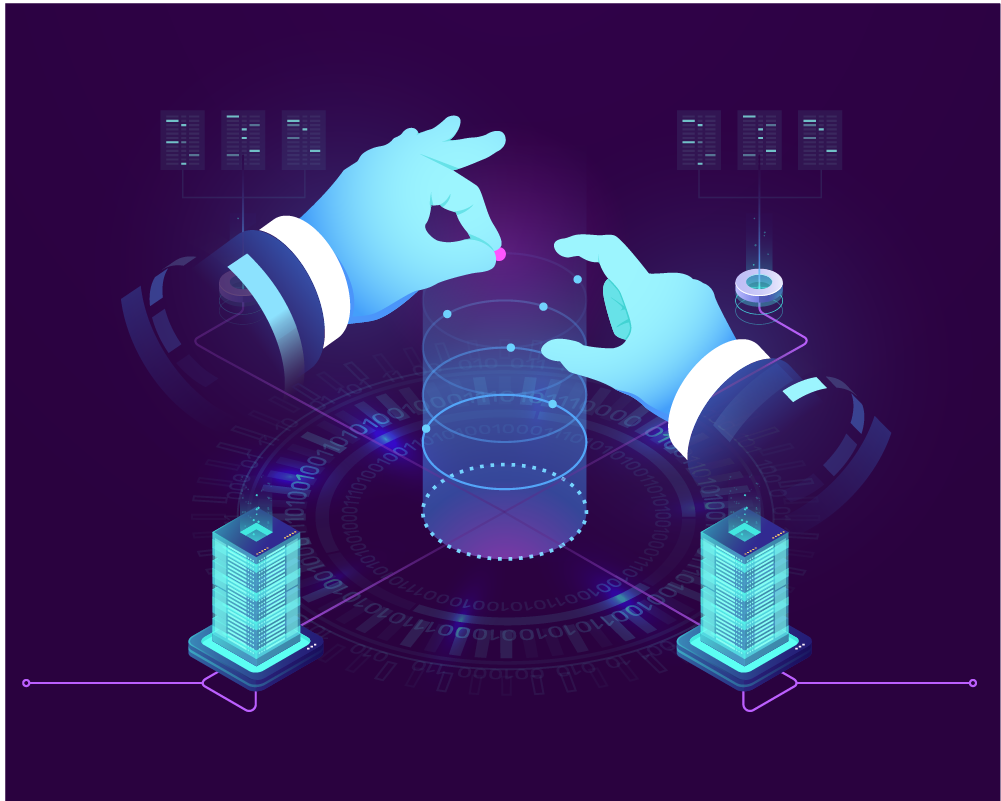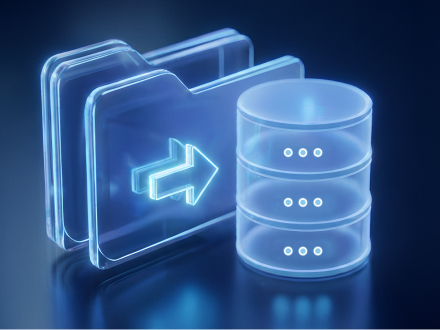Your message has been sent.
We’ll process your request and contact you back as soon as possible.
The form has been successfully submitted.
Please find further information in your mailbox.


Data science is a discipline dealing with a massive quantity of data retrieved from different sources. It is one of the fastest growing fields since, in recent years, there has been a massive growth in the number of data sources.
Data science solutions are achieved by a variety of tools that extract relevant information and find hidden patterns to be used in making business decisions and strategic planning. To get the relevant data, data scientists have to be able to integrate statistics, artificial intelligence, math, machine learning, advanced analytics, as well as programming.
What characterizes data scientists is their ability to ask questions in order to find paths to the unknown. They are also responsible for building statistical models and writing algorithms, so it is absolutely crucial for them to have statistical and mathematical knowledge. They also must have strong technical skills, including:
And master tools like:
All these skills and tools are required to be able to design modeling processes and create predictive models and algorithms. These are further applied to solve complex problems and utilize data science in business.
In general, data scientists work closely with their clients’ businesses to fully understand their primary goals and determine how big data can be used to enhance productivity. They create predictive models and algorithms and design data modeling processes to extract and analyze the data necessary for the project. While each project is different, the data science process of collecting and analyzing data typically follows the path below:
Once this process is complete, it’s time to repeat the same steps to solve a new problem on a new project.

As companies and social media generate an immense amount of info, such as customer-related data or log files, they want to utilize the information collected to their advantage. That is where data analytics steps in to help.
Data analytics analyzes huge datasets to discover unseen patterns, correlations, and trends and get a valuable understanding for making smart business decisions, doing better marketing, and improving its efficacy overall. That’s why data analytics consulting is popular with companies who want to use data analytics for business performance boost.
For data analysts, it is also important to have a math or statistics background or to learn tools necessary for making decisions using numbers since they have to design databases and data systems and maintain them with the help of statistical tools. The major data analyst skills consist of:
The required tools include:
All these are vital for collecting data, organizing, and analyzing it.
A day in the life of data analysts can vary depending on the goals of data analytics projects and the extent to which the organization has adopted data-driven technologies and practices. However, the data analyst’s responsibilities routinely include the following:
Furthermore, data analysts should understand the basics of statistics and know how databases work.
The fundamental difference between the two fields is the part of big data each of them prioritizes. Even though both data analytics and data science work with data and are often thought to be the same, they are two distinct disciplines.
Data science focuses on designing and making new processes to model data. Its operation is mainly based on the use of prototypes, predictive models, algorithms, and custom analysis.
On the other hand, data analytics is more concerned with exploring big data sets with the purpose of identifying trends, producing charts, and overall helping businesses in making more strategic and efficient decisions.
The difference between a data scientist and a data analyst origins from the degree of their expertise in using big data. A data analyst uses descriptive testing methods to report factual data and give prescriptive analytics. On the other hand, a data scientist has to be knowledgeable of the entire analytics journey and generate value for businesses with data.
Let’s look at the comparison table below for a more precise understanding of the distinctions between data analysts and data scientists’ skills.

What does the future hold for Big Tech? How will technologies evolve in the upcoming years, and how will these changes impact the way businesses and people handle their data?
Without a doubt, the future of data science and data analytics is bright and will provide some of the highest-paying jobs. Be it an increased reliance on large data networks or growth in machine learning and artificial intelligence technologies, the potential is immense. We will have to wait and see how these fields grow and help businesses.
As time goes on, more and more organizations recognize the need to manage the data they produce, creating a huge demand for data science and data analytics services and solutions. And this growing demand will continue to skyrocket even after a couple of decades, paving the way for new and innovative data analytics companies and specialists.
Rate this article:
4.8/5 (45 reviews)












Your message has been sent.
We’ll process your request and contact you back as soon as possible.

By signing up you agree to our Privacy Policy, including the use of cookies and transfer of your personal information.